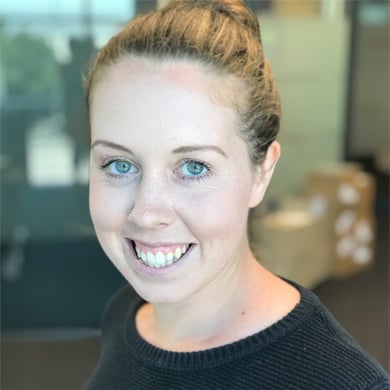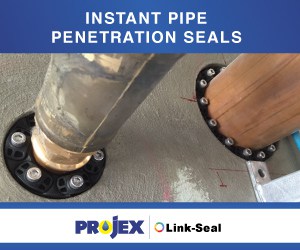It’s hard to believe that two billion people around the world live without basic sanitation. On top of that, 80 per cent of the world’s wastewater generated by communities flows back into the ecosystem without being treated, which has a huge impact on public health and the environment around these communities.
These issues, combined with climate change and population growth, are particularly challenging for informal settlements around the world.
Monash University’s Revitalising Informal Settlements and their Environments (RISE) program is looking to understand and help tackle some of these challenges. By implementing nature-based water and wastewater solutions, the program takes a water sensitive approach to water and sanitation management in 24 informal settlements in Fiji and Indonesia. These systems are not only environmentally sustainable, but also economically sustainable because they require less maintenance and are continuously monitored by utility operators.
This ambitious program involves providing toilets and wastewater infrastructure to these communities with the aim to improve the health and well-being of the communities, focusing on children aged five years and under.
Currently in informal settlements, small children suffer from high mortality rates linked to preventable diseases, largely due to a lack of sanitation. Monash and Stanford Universities will undertake health and environmental monitoring on children under five years old to assess the health benefits that come out of implementing this new sanitation infrastructure in the communities.
“Bringing modern but sustainable sanitation will make a huge difference to the quality of life for the people in these communities,” Iota’s General Manager, Daniel Sullivan, said.
“If successful, the technical solution we’ve deployed has potential to be used for off-grid and informal settlements around the world.”
Iota is playing a role in RISE by donating equipment, including its OneBox® technology. It is also providing advisory services to the RISE team and local operators to ensure the impact is sustainable in the local context.
Iota Technical Director, Eamon Casey, has spent time at the project sites in Makassar, Indonesia, and Suva, Fiji, to train members of the local community, including the local utilities, in the installation and maintenance of the pressure sewer and OneBox® technology.
The RISE project gives Iota the opportunity to apply its OneBox® solution in a different way. This includes connecting six or seven houses to one pressure sewer system. From the pressure sewer pods, toilet waste will move to a large, raised community septic tank, which will replace existing cesspits. The effluent from the community septic tank will then be treated using nature-based reed bed technology before being safely released to the environment.
While the local community will install the units and the utility will be responsible for maintaining the systems in place, Iota will monitor the systems remotely and provide support when needed.
Iota is thrilled to be a part of such an important project and looks forward to seeing the impact this project will have on these communities and the environment moving forward. Learn more about the RISE program by visiting www.rise-program.org.
For more information, please visit https://iotaservices.com.au/products/smart-low-pressure-sewer/.















